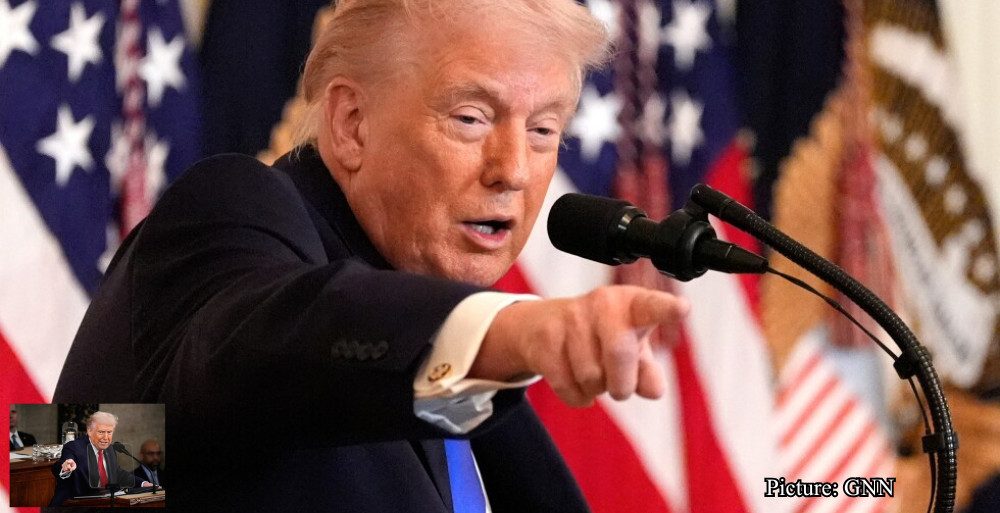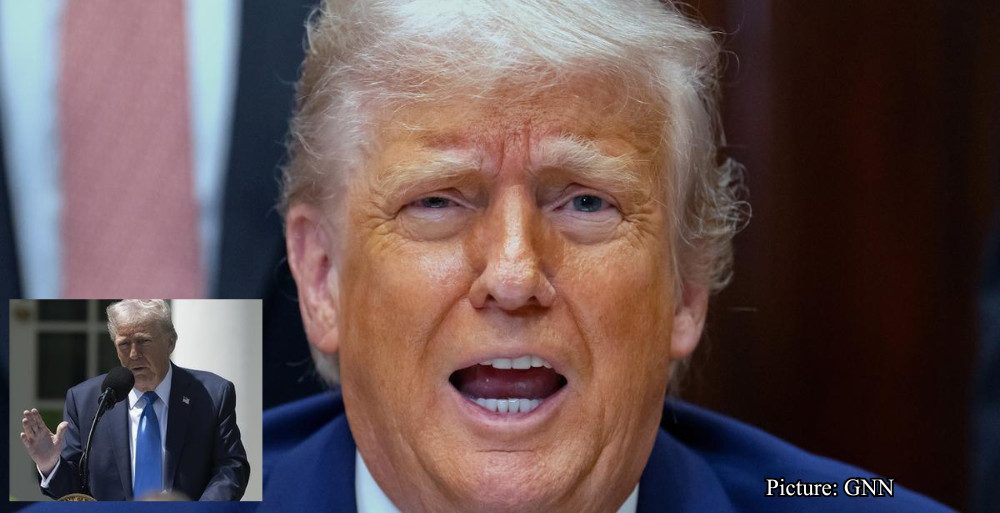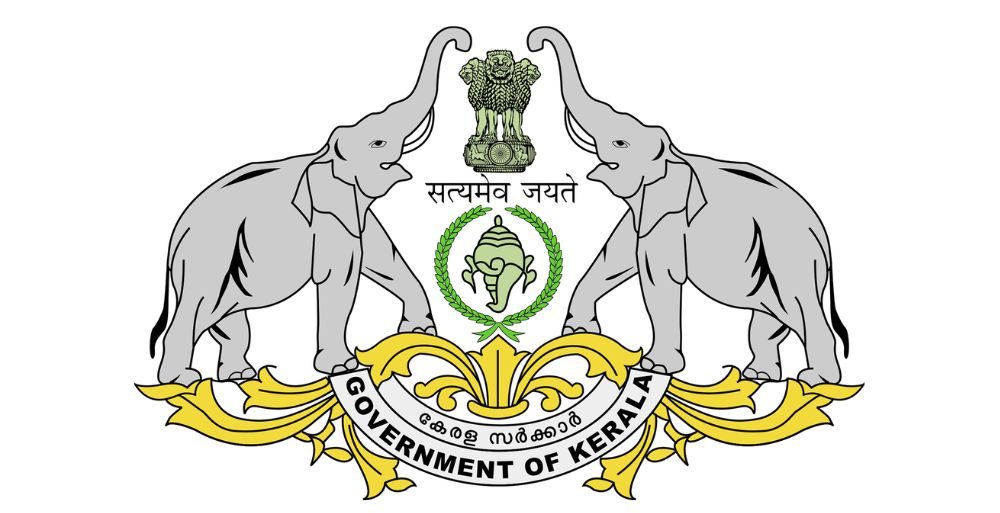Several Democratic senators and one independent broke with their party to support a Republican-led deal to reopen the US government, ending the longest shutdown in history after weeks of deadlock. Their primary justification was to alleviate harm to federal workers and ordinary Americans suffering from the shutdown, though the deal stopped short of immediately addressing expiring healthcare subsidies.
Virginia Senator Tim Kaine, who is not up for re-election until 2026 and widely known as Hillary Clinton’s 2016 running mate, supported the Republican proposal to protect federal employees and begin fixing what he called the “Republicans’ healthcare mess.” Kaine emphasized that the deal would prevent baseless firings, reinstate wrongfully terminated workers, and ensure back pay for furloughed employees, a law he helped pass in 2019. His state is home to about 300,000 federal workers who had been off work without pay during the shutdown.
New Hampshire Senators Jeanne Shaheen and Maggie Hassan both voted to end the shutdown, highlighting the urgent need to restore government services. Shaheen, who helped architect the deal, said it renewed bipartisan spending processes including funding for food assistance and healthcare for veterans. Hassan expressed concern for constituents affected by the shutdown and rising healthcare costs, emphasizing the importance of a functioning government so essential services and workers, like air traffic controllers and veterans, could be supported.
Nevada’s Catherine Cortez Masto also voted with Republicans, citing the hardships faced by federal workers, airport controllers, and increased food bank lines in her state as key reasons for her support.
Pennsylvania’s centrist Democrat John Fetterman, who consistently opposed the shutdown, voted yes to reopen the government, apologizing to military personnel and others impacted by the impasse and calling it a failure.
Jacky Rosen from Nevada supported the deal, stressing that Democrats had secured a promise for a December vote on extending Affordable Care Act (ACA) tax credits, which was a critical issue for many.
Illinois Senator Dick Durbin, the Democratic whip and a retiring member, was the only party leader to break ranks. He acknowledged the bill was not perfect but said it took important steps to reduce the harm caused by the shutdown. Durbin expressed trust that Republicans would keep their commitment to allow a vote on ACA tax credits.
Independent Angus King of Maine, who caucuses with Democrats and has a bipartisan track record, helped negotiate the deal. He said the agreement brought the country closer to healthcare subsidy solutions than previous weeks, calling the deal a win for Americans.
None of these senators face re-election in 2026, and several are retiring, which some analysts say influenced their willingness to break with the party line. The deal must still pass the House and be signed by the President to effectively reopen the government.















